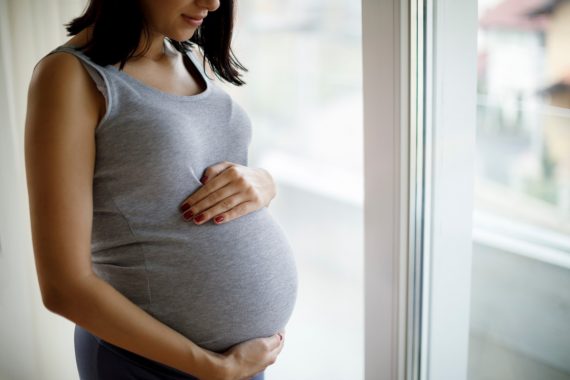Cases of whooping cough are still on the rise with the highest figures recorded so far this year in May, the UK Health Security Agency has warned.
Nine babies have now died in the current outbreak, one in December and eight up until May this year, UKHSA officials said while urging everyone who was eligible to make sure they had been vaccinated.
So far in 2024 there have been 7,599 confirmed cases compared with 858 in the whole of 2023, figures show.
But so far, the figures remain below the rates seen in previous outbreaks with a large peak in 2012, the update said.
In May there were 2,591 confirmed pertussis cases. Figures have been rising month on month from 555 in January 2024, 920 in February, 1,427 in March and 2,106 in April.
Since the introduction of pertussis vaccination in pregnancy in 2013, there have been 29 deaths in babies with confirmed pertussis who were all too young to be fully protected by infant vaccination, UKHSA said.
‘Of the 29 infants that died, 23 had mothers who were not vaccinated in pregnancy’, a report noted.
Evidence from England shows that vaccination at the right time in pregnancy is highly effective, giving 92% protection against infant death, UKHSA added.
In the latest outbreak more than half of cases have been reported in those 15 years or older but between January and May there were 262 reports in babies under 3 months of age who are at greatest risk from the infection.
A peak year is overdue and the impact of the pandemic also means there is reduced immunity in the population, UKHSA added.
Uptake of the vaccine in pregnant women in March 2024 was 58.9% compared to 72.6% in March 2017.
Dr Mary Ramsay, UKHSA director of immunisation at UK Health Security Agency, said: ‘Vaccination is the best defence against whooping cough and it is vital that pregnant women and young infants receive their vaccines at the right time.
‘With cases continuing to rise and sadly 9 infant deaths since the outbreak began last November, ensuring women are vaccinated appropriately in pregnancy has never been more important. Our thoughts and condolences are with those families who have so tragically lost their baby.’
Kate Brintworth, chief midwifery officer for England, said: ‘The NHS is continuing to identify areas at greater risk and put robust local vaccination offers in place, supporting maternity services and GP practices to do all they can to protect women and babies and make every contact count.
‘Women can access the vaccine, which also protects against diphtheria and tetanus, through their GP or some antenatal services, and parents should also ensure that their children get protected in the first few months after birth as part of the routine NHS vaccine offer.’
















